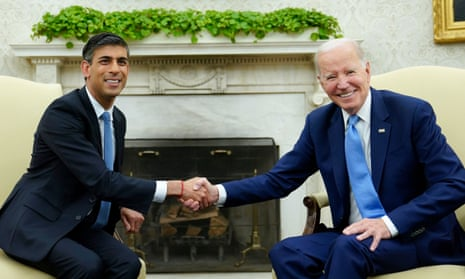Trade agreements have played a crucial role in shaping economic relationships across the Atlantic region. These agreements facilitated the exchange of goods, services, and resources, while also influencing political alliances and regional stability. Over time, such arrangements transformed from simple bilateral deals to complex multilateral frameworks. They impacted tariffs, market access, and regulatory standards, fostering growth and cooperation. Additionally, shifts in global economic power led to renegotiations and new treaties, reflecting evolving priorities. Understanding the significance of these historical trade pacts offers insights into current economic policies and the interconnectedness of Atlantic nations. Their legacy continues to influence trade dynamics and diplomatic engagements in the region.
Trade Agreements Reshaping Atlantic Economic Landscapes
Throughout history, key accords have significantly altered trade flows and economic development in the Atlantic basin. Early agreements focused on securing access to raw materials and strategic ports. These treaties often reflected the interests of colonial powers seeking to expand influence and wealth.
As industrialization progressed, trade arrangements evolved to support manufacturing and resource distribution. Nations began prioritizing free trade principles to boost economic efficiency and competitiveness. Such policies encouraged the reduction of tariffs and quotas, facilitating smoother transactions across borders.
Moreover, regional cooperation gained momentum through the establishment of economic blocs. These entities sought to harmonize standards, reduce barriers, and promote investment. Consequently, smaller economies found opportunities to integrate into larger markets, fostering diversification.
Political shifts frequently influenced trade negotiations. Conflicts, alliances, and changing leadership affected treaty terms and enforcement. As a result, many agreements included dispute resolution mechanisms and provisions for adaptation to new circumstances.
In recent decades, globalization has accelerated the need for updated trade frameworks. New agreements address digital trade, environmental standards, and labor rights. These additions reflect broader concerns beyond traditional commerce, aiming for sustainable growth.
Economic disparities remain a challenge despite these efforts. Some nations still face obstacles such as infrastructure gaps and limited access to capital. Addressing these issues requires continuous dialogue and cooperation to ensure inclusive benefits.
Historical Trade Agreements and Their Modern Implications
Several landmark treaties continue to influence today’s economic policies. For instance, agreements fostering transatlantic cooperation laid the groundwork for large-scale partnerships. These initiatives enhanced connectivity, logistics, and regulatory alignment.
Furthermore, historic accords contributed to establishing global trade institutions. They shaped rules that govern international commerce and dispute resolution. Understanding these origins clarifies the complexities of current trade disputes and negotiations.
Trade agreements also affected social and labor conditions. Provisions related to workers’ rights and environmental protection emerged gradually, reflecting changing societal values. As a result, modern treaties often balance economic growth with ethical considerations.
The evolution of trade pacts illustrates the dynamic nature of international relations. Economic priorities shift in response to technological advancements, political changes, and environmental challenges. Consequently, ongoing revision and innovation in agreements remain necessary.
Looking ahead, Atlantic nations face the task of adapting their trade policies to emerging trends. Emphasis on digital economies, climate resilience, and fair trade practices will likely define future negotiations. Maintaining strong cooperation will prove essential for sustainable prosperity in the region.
